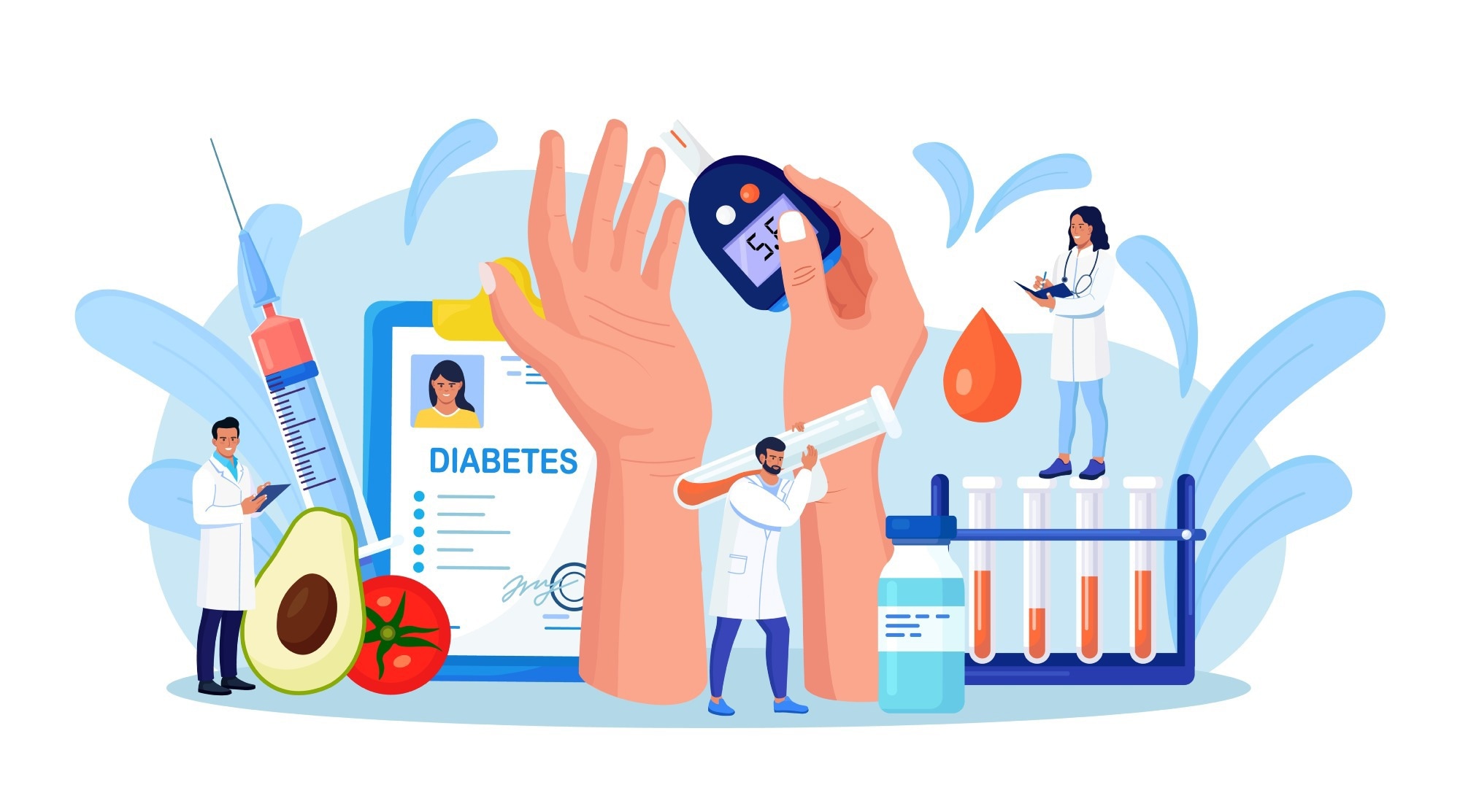Breaking Down Barriers: Innovative Approaches to Diabetes Care and Prevention

Image Source: Google
Diabetes is a chronic condition that affects millions of people worldwide. It requires lifelong management and can lead to serious complications if not properly controlled. However, with the right diabetes care and prevention strategies, individuals with diabetes can lead healthy and fulfilling lives. In this article, we will explore innovative approaches to diabetes care and prevention that are breaking down barriers and improving outcomes for those living with this condition.
The Role of Technology
Technology has revolutionized the way we manage and prevent diabetes. From wearable devices that monitor blood sugar levels to mobile apps that track diet and exercise, technology is making it easier for individuals with diabetes to stay on top of their health. Some innovative approaches include:
Continuous Glucose Monitoring (CGM) Systems
- CGM systems continuously monitor blood sugar levels throughout the day and night, providing real-time data that can help individuals make more informed decisions about their diet, exercise, and medication.
- These systems can alert users to high or low blood sugar levels, reducing the risk of dangerous complications such as hyperglycemia or hypoglycemia.
Telemedicine
- Telemedicine allows individuals to consult with healthcare providers remotely, eliminating the need for in-person visits and making it easier to access care, especially for those in rural or underserved areas.
- Virtual appointments can be scheduled at convenient times, reducing the burden of travel and wait times for patients.
Community-Based Interventions
Community-based interventions play a crucial role in diabetes care and prevention by addressing social determinants of health and promoting healthy behaviors. These initiatives are tailored to the specific needs of local populations and can include:
Peer Support Programs
- Peer support programs connect individuals with diabetes to others who are facing similar challenges, providing a sense of community and shared experiences that can improve outcomes and emotional well-being.
- These programs can be delivered in person or virtually, allowing individuals to connect with peers from diverse backgrounds and locations.
Nutrition and Cooking Classes
- Nutrition and cooking classes teach individuals with diabetes how to prepare healthy and balanced meals that can help manage blood sugar levels and reduce the risk of complications.
- These classes often focus on practical skills such as meal planning, label reading, and portion control, empowering participants to make healthier choices in their daily lives.
Policy and Advocacy Efforts
Policy and advocacy efforts are essential for addressing systemic barriers to diabetes care and prevention, such as access to affordable healthcare and healthy food options. Some innovative approaches in this area include:
Healthcare Equity Initiatives
- Healthcare equity initiatives aim to reduce disparities in diabetes care by addressing social determinants of health such as income, education, and access to healthcare services.
- These initiatives advocate for policies that promote health equity and remove barriers to quality care for all individuals, regardless of their background or socioeconomic status.
Sugar-Sweetened Beverage Taxes
- Sugar-sweetened beverage taxes have been implemented in various cities and countries as a way to reduce consumption of sugary drinks, which are linked to an increased risk of obesity and diabetes.
- These taxes not only generate revenue for public health initiatives but also discourage the consumption of unhealthy beverages and promote healthier alternatives.
Conclusion
Diabetes care and prevention require a multifaceted approach that addresses the complex interplay of genetic, environmental, and social factors that contribute to this chronic condition. By leveraging technology, community-based interventions, and policy and advocacy efforts, we can break down barriers to care and improve outcomes for individuals with diabetes. These innovative approaches hold the promise of a healthier future for all, regardless of their background or circumstances.
